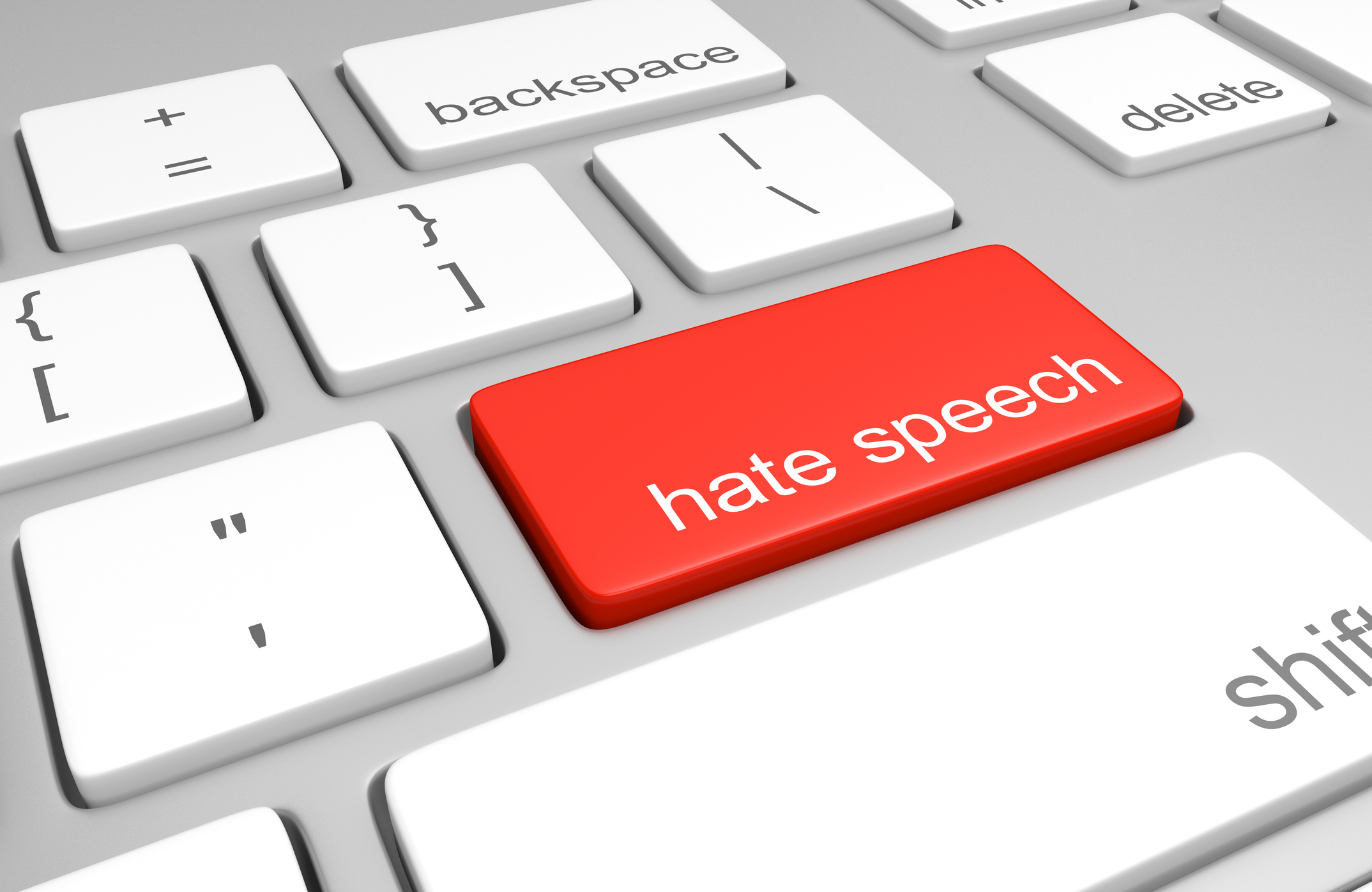In partnership with the Foreign, Commonwealth and Development Office and the Office of International Religious Freedom of the US Department of State.
Executive summary
- Hatred on the basis of religion or belief, including hate speech, discrimination, and violence is on the rise globally[1]. In a year where nearly fifty percent of the world’s population are heading for the polls, the politicisation of hate speech and its consequences in the offline environment deserves increased policy attention.
- Vigilance in monitoring the potential expansion of hate and the impact on individuals’ rights, as well as local, national, regional and global responses is vital.
- Hatred based on or related to religion or belief, whether online or offline has significant consequences for individuals. Examples include people facing psychological and emotional harm, arrest, torture or even death as well as being denied access to education, housing or healthcare, [2].
- Addressing hate speech in a human rights-compliant way, in both online and offline contexts is crucial to protect the right to freedom of religion or belief globally and defend religious minorities in particular from further discrimination and violence.
- At the same time, careful attention is needed to ensure that freedom of expression is not infringed under the guise of national security or in a bid to protect religion from defamation or perceived insult. Human rights belong to individuals, not concepts.
- The impacts on individuals can helpfully be viewed through a prism of intersectionality[3], recognising that the form hatred and violence takes is dependent on who it is directed at. This means that certain groups (e.g. impoverished, rural, illiterate women following a minority religion or belief) are additionally at risk of becoming subjected to online and offline hatred with potentially violent consequences.
- Beyond the damaging impact on individual lives and livelihoods, hatred and discrimination on the basis of religion or belief has wider societal effects. It breaks down communities and exacerbates longstanding conflicts and widespread violations of rights such as in China, Burma/Myanmar, Nigeria, Pakistan and Afghanistan, as well as acute escalations such as the ongoing Israel-Hamas war, and with events such as the COVID-19 pandemic.
- Six main themes emerge as crucial to address: i) the normalisation of hate and processes of ‘Othering’; ii) understanding different contexts, different languages and applying intersectionality; iii) understanding online and offline environments and how they interact; iv) the opportunities and limitations of legal frameworks and the rule of law; v) engaging with social media and technology companies; vi) centring on children and youth.
- Some excellent work is being done to tackle hate speech online and its consequences. Many participants shared best practice ideas that might be replicated elsewhere.
[1] Pew Research Centre (2024) “Globally, Government Restrictions on Religion Reached Peak Levels in 2021, While Social Hostilities Went Down” Pew Research Centre. https://www.pewresearch.org/religion/2024/03/05/globally-government-restrictions-on-religion-reached-peak-levels-in-2021-while-social-hostilities-went-down/ [accessed 24.06.2024]
[2] UNGA. Hatred on the basis of religion or belief. Report of the Special Rapporteur on freedom of religion or belief, Nazila Ghanea. Fifty-fifth session. 26 February–5 April 2024, Agenda item 3.
[3] Intersectionality, a term coined by US legal scholar Kimberlé Crenshaw, defined as a prism that acknowledges the interconnected nature of social categorisations such as race, gender identity, sexual orientation, religion, ability and social class, which overlap to create interdependent systems of discrimination or disadvantage.
